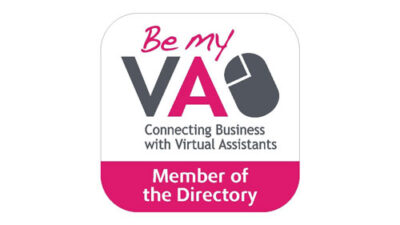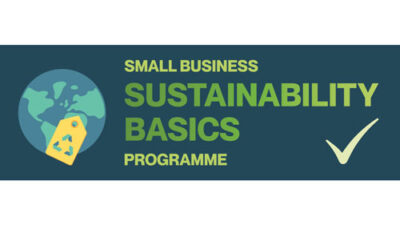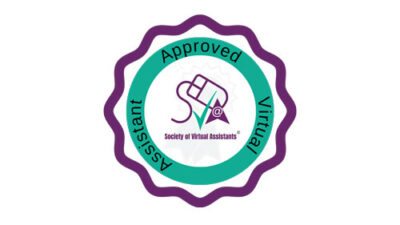Helping career development is crucial for SMEs
 At Business Owl we are often called upon to support employers with their staff’s career development, this could be in-house training, CPD or even accreditation. While this is a crucial part of growth for any SME and business owners themselves, lack of time is often cited as a reason why employers don’t invest in this area as much as they should.
At Business Owl we are often called upon to support employers with their staff’s career development, this could be in-house training, CPD or even accreditation. While this is a crucial part of growth for any SME and business owners themselves, lack of time is often cited as a reason why employers don’t invest in this area as much as they should.
We can support time-restricted employers with this and I believe there are a number of reasons why employers should see money spent in this area as an investment, not a cost. Here are just a few.
We are painfully aware of how difficult a time it is for so many – a neighbouring town saw four businesses close within one week during the summer and a local non-profit business recently shared that despite a healthy turnover, their expenditure increased four-fold this year due to inflationary costs. Supporting your workforce with their career development at a time when costs are at a record high, may seem counter-intuitive, but investing in your workforce can improve morale, engagement and productivity. This in turn can boost business performance and make your company stand out from your competitors.
Secondly, the exponential speed at which AI is being rolled out is also a reason to think about upskilling your team. While fears around ‘robots’ taking over jobs is very real for some, research by the World Economic Forum found AI will create more jobs than it replaces. But, the way we work is changing and will continue to do so as a result of automation. Providing employees that are most likely to be affected with support, training or understanding of what a future role may look like, is likely to put you on the front foot as an employer.
Environmental compliance and sustainability is another reason to invest in training. While there has been a lot of noise around net zero and the government’s commitment to it, businesses can still lead the way in this important area. Training could be as simple as supporting staff to tweak workplace habits or something more advanced like providing training for new equipment and infrastructure.
Finally, covid propelled flexible working and made it part of the fabric of our working culture. While many employers are changing the balance of hybrid working to increase days worked in the office, remote working and an employee-centric working culture is likely to be here to stay.
Employees want different things from their careers, whether that’s empty nesters looking for a more fulfilling role, parents wanting more flexibility to support their families or millennials and Gen Zs wanting to balance work with their personal pursuits.
Businesses that focus on the employee as a whole and not just the hours spent working, are likely to attract better quality employees. Therefore, providing managers and HR staff with the training and tools to have honest and open conversations around company culture and expectations, balanced with career development opportunities, will likely become a necessity over the coming years.
With the economic instability resulting in a lot of organisational restructure, maybe a question for business leaders is around how learning and development goals are achieved rather than if.
This article was first published in the Business Section of the Yorkshire Post on 12th October 2023.













